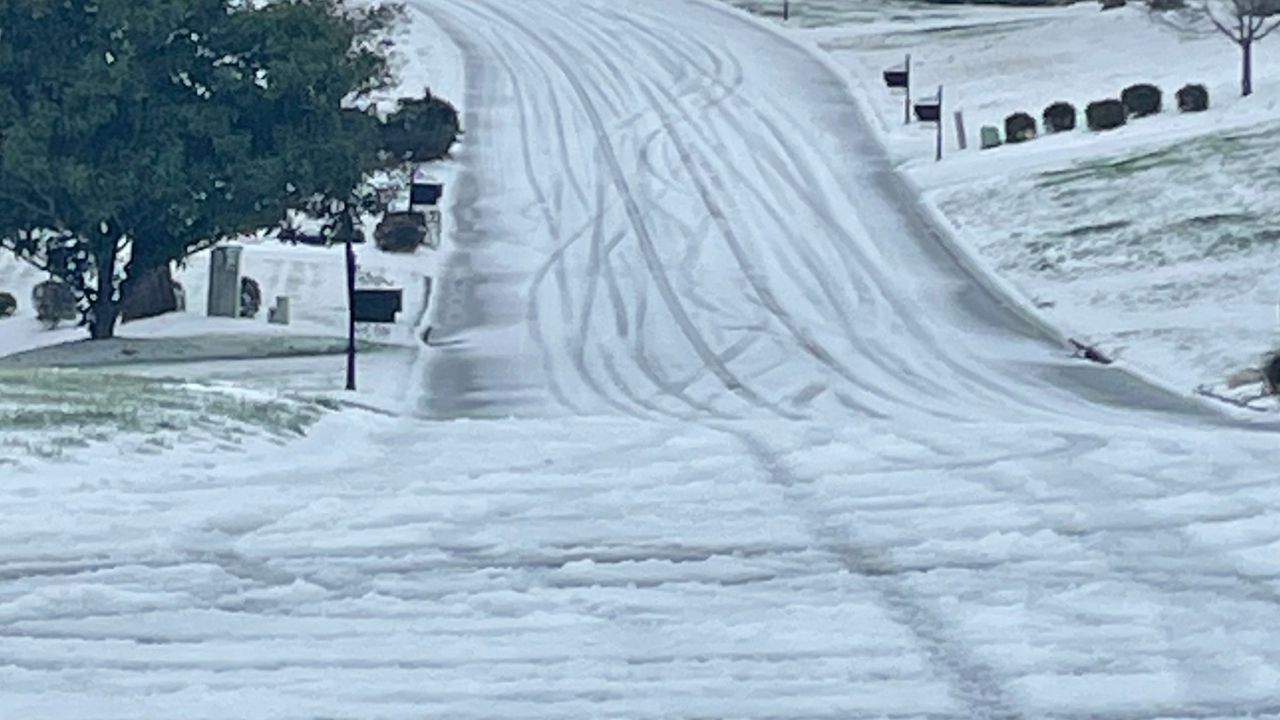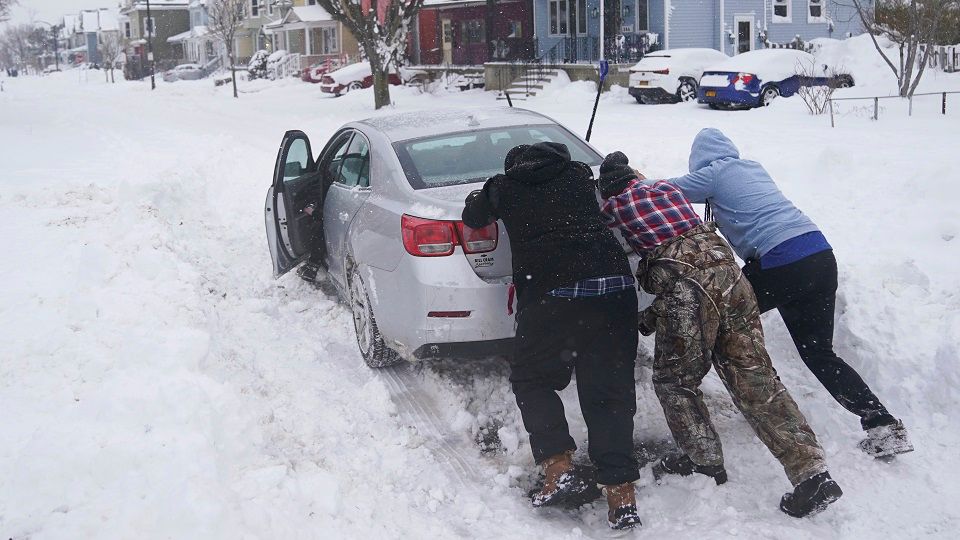When it comes to driving on snow-covered roads, you probably automatically think that an SUV is the best choice to navigate those slippery conditions. The truth is that an SUV is not always the best option.
SUVs come with two negatives: weight and height. Weight means they have more momentum and are harder to stop. Height means they're better in deep snow but more prone to rollovers.
Quality snow tires are the most important factor. Even the best all-wheel-drive vehicle is at a disadvantage with summer tires. People often get in trouble when they have summer or all-season tires on a snowy or icy road, thinking that their massive all-wheel or four-wheel-drive SUV is invincible.

A sedan drives better in certain weather conditions and an SUV drives better in others.
If you compared an all-wheel-drive SUV with snow tires to an all-wheel drive sedan with snow tires, it’s not cut-and-dry about which one to use.
When the roads get icy or covered with 6 inches of snow, all vehicles except all-wheel-drive ones get stranded on hills. Some even get stuck in flat areas, too. Some sedans would fare better than most SUVs on the road.
Now, if the roads get covered with a foot of snow, then all sedans would get stranded, even all-wheel-drive ones. SUVs have more ground clearance when the snow gets deep, though. So what should I look for in a new car?
If you’re in the market for a new car and getting around in the snow is important to you, the two main factors to take into consideration are snow tires and all-wheel-drive. Just because your giant SUV has all-wheel drive doesn’t mean you’re guaranteed to not be slipping and sliding!
Our team of meteorologists dives deep into the science of weather and breaks down timely weather data and information. To view more weather and climate stories, check out our weather blogs section.









